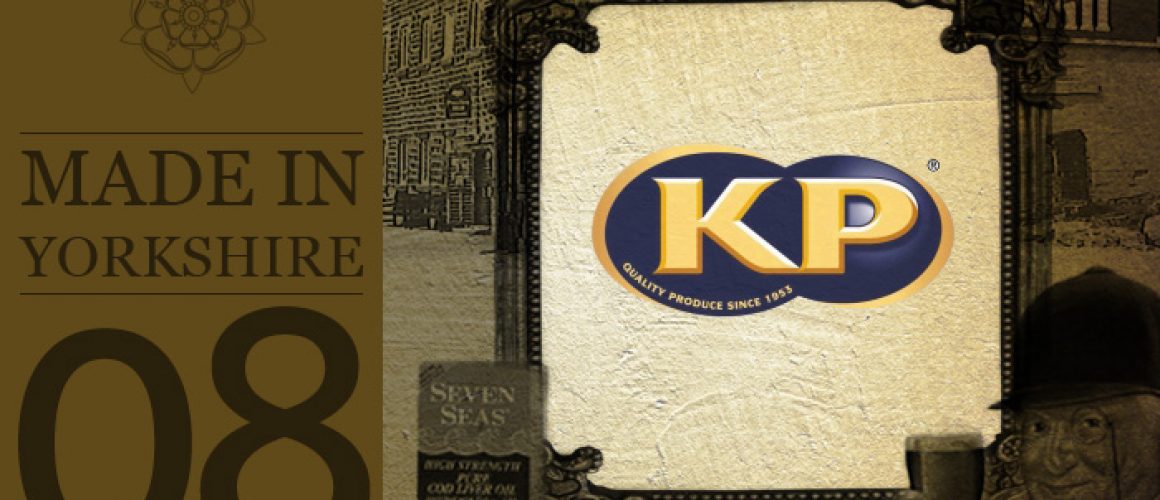The History of KP Foods & Where it is Now
What is KP Foods?
KP Foods is a leading name in the UK crisp, nut, and snack market. Find out how this company became one of the biggest names in snack foods.
Page Contents:
The Beginning of KP Foods
In 1853, a business called Kenyon & Son had just started out. They were based in Rotherham, South Yorkshire and produced confectionery, jams, and pickles.
38 years later, in 1891, they became a limited company and changed their name. They were now known as Kenyon & Sons and Craven Ltd.
This led to the business opening a second factory in Hull. Over the next fifty years, the company saw mixed fortunes.
They were often on the brink of collapse and between 1900 and 1904, the directors took no payment. In 1917, they had to sell the Hull factory.
Luckily, in 1943, the company’s fortune changed for the better. A new chairman called Simon Heller was hired and turned the company around.
He was a young man with a tough business attitude. Heller gained his experience from operating his own company called Hercules Nut Company in London and Leeds.
Over the next few years, Simon made deals with local market traders. This was to buy cheap fruit and vegetables to create the businesses jams and chutneys.
They wanted to expand their business and decided to start saving their money. In 1948, they were able to buy a second-hand gas frying machine.
Four years later in 1952, they were making roasted and salted hazelnuts. These were sold to the local shops and cinemas under the Hercules brand.
Heller was a very hands-on chairman. He would often take home any unfinished paperwork at the end of the day and complete it for the next.
Also, Heller became known for never refusing an order. This led to the business supplying ground coconut to sweet manufacturers Basset.
In 1950, the company moved to a new premises. It was now located at the Eastwood Trading Estate in Rotherham.
Heller also set up his own sugar factory in Barbados. His company became known as Kenyon Produce.
How KP Foods became what it is today

In 1953, Heller decided to leave pickling behind and branch out. Instead, he moved onto salted peanuts.
It was during this year that the business launched the two penny packet of KP Nuts. This became the first nationally distributed brand of nuts named KP after the initials of the company.
The business was doing well with the nut trade and realised that this was the way forward. As a result, it led to them stopping the production of jams and confectionery.
In their place, they began to introduce a number of new products. These included roasted and salted peanuts, cashews and almonds, mixed fruit and nuts, peanut brittle, and peanut butter.
Throughout the 1950’s and 1960’s, the business continued to grow. This led to KP striking a deal with Marks & Spencer in 1962.
The deal was to produce their St Michael pack of nuts. M&S introduced KP to dated packaging to ensure their customers received the freshest produce.
Between 1964 and 1966, KP doubled their size of production. By 1968, KP had a turnover of an incredible £5 million.
It was during this year that United Biscuits bought the business. Michael Heller joined the board and became managing director
Where are KP Foods Now?
Since the takeover, KP Snacks has introduced national favourites. Most of these are still around today and can be found in supermarkets and independent shops.
These are: Hula Hoops (1973), Skips (1974), Discos (1979), Space Raiders (1987), Brannigan’s, Roysters (1992), Frisps (1989), McCoys (1985), and Phileas Fogg (1993).
In 2014, KP merged with Intersnack UK. They decided to keep the KP name and took their share in the snacks market to 14%.
Currently they are still headquartered at the Eastwood site in Rotherham. Their production factory is located nearby.
KP also has a second factory that is based in Teesside. This is to ensure one of the biggest producers of crisps and nuts remain close to the county of its birth.

